Are Personal Loans Better Than Payday Loans? A Comprehensive Comparison
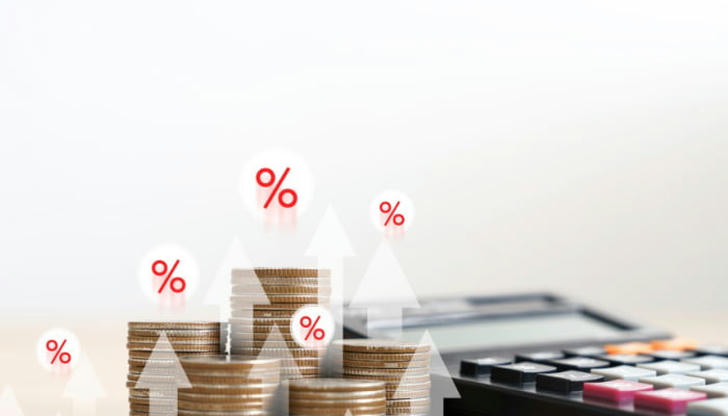
When life throws unexpected expenses your way, finding the right loan can be a lifesaver. But with so many options out there, it can be overwhelming to figure out which one works best for you. Two of the most common types of loans people turn to in times of need are personal loans and payday loans.
At first glance, they might seem similar: both provide you with the cash you need quickly. But here's the catch: they are actually very different in terms of how they work, what they cost, and how long you'll be paying them back.
In this article, we'll break down personal loans vs payday loans, so you can better understand which option fits your situation. Whether you need cash for an emergency, paying off debt, or a big purchase, we're here to help you make an informed decision. Ready to dive in? Let's explore!
1. What are Personal Loans?
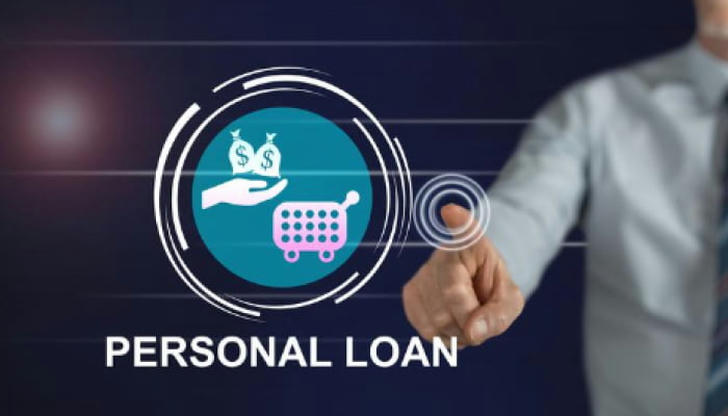
Personal loans are a popular option for those who need to borrow a larger sum of money, usually for big expenses like home improvements, debt consolidation, or medical bills. These loans are typically offered by banks, credit unions, and online lenders.
Key Features of Personal Loans:
- Loan Amount: Personal loans usually range from a few hundred dollars to tens of thousands, depending on the lender and your creditworthiness.
- Repayment Terms: You'll typically have anywhere from 12 months to several years to repay the loan, with fixed monthly payments.
- Interest Rates: Personal loans often come with lower interest rates than payday loans, especially if you have a good credit score. Rates can range from 6% to 36%.
- Secured vs. Unsecured: Personal loans can be either secured (requiring collateral like a car or home) or unsecured (no collateral). Unsecured loans tend to have higher interest rates but are less risky in terms of losing property.
Pros of Personal Loans:
- Lower Interest Rates compared to payday loans, especially with good credit
- Longer Repayment Period, making monthly payments more manageable.
- Flexibility in how you use the loan, whether for debt consolidation, emergencies, or major life events.
- Fixed Payments make it easier to budget and avoid surprise fees.
Cons of Personal Loans:
- Approval Process can take longer compared to payday loans.
- Credit Score Impact - while personal loans are often more affordable, they require a credit check, and poor credit could lead to higher rates or rejection.
- Origination Fees are sometimes added to cover the costs of processing the loan.
Personal loans are a great option if you need to borrow a larger amount and have the ability to repay over time. However, they might not be the quickest solution for someone in immediate need of cash.
2. What are Payday Loans?
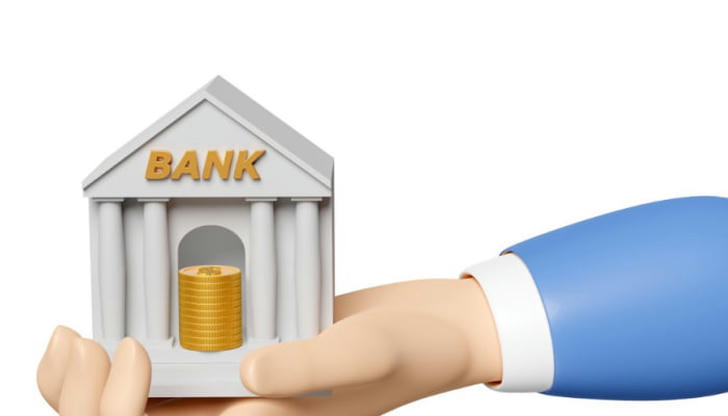
Payday loans are short-term, small-dollar loans designed to help you cover emergency expenses until your next paycheck. These loans are typically offered by payday lenders, both in physical locations and online.
Key Features of Payday Loans:
- Loan Amount: Typically, payday loans are for small amounts, usually between $100 to $1,000.
- Repayment Terms: These loans are due in full, usually within 14 to 30 days, when you receive your next paycheck. The full loan amount plus fees is often automatically deducted from your bank account.
- Interest Rates: Payday loans come with very high interest rates, often ranging from 200% to 500% APR (annual percentage rate), or even higher. This makes them an expensive way to borrow money.
- No Credit Check: One of the main attractions of payday loans is that they are often given with no credit check, making them accessible even to those with poor credit.
Pros of Payday Loans:
- Fast and Easy Approval - You can often get approved and receive the loan on the same day.
- No Credit Check means they're available to people with less-than-perfect credit.
- Quick Access to Cash - If you have an urgent need, payday loans can provide you with fast funds.
Cons of Payday Loans:
- Extremely High Interest Rates - This can lead to a cycle of debt if not paid back quickly.
- Short Repayment Terms - The loan is usually due in full within a few weeks, which might be difficult for many borrowers.
- Potential Fees and Penalties - If you can't repay the loan on time, you'll face additional fees, and the interest will continue to pile up, making the loan much more expensive.
While payday loans may seem like a quick fix in an emergency, the high cost and short repayment window can make them a risky option. They're best suited for someone who can repay the loan in full as soon as possible.
3. Key Differences Between Personal Loans and Payday Loans
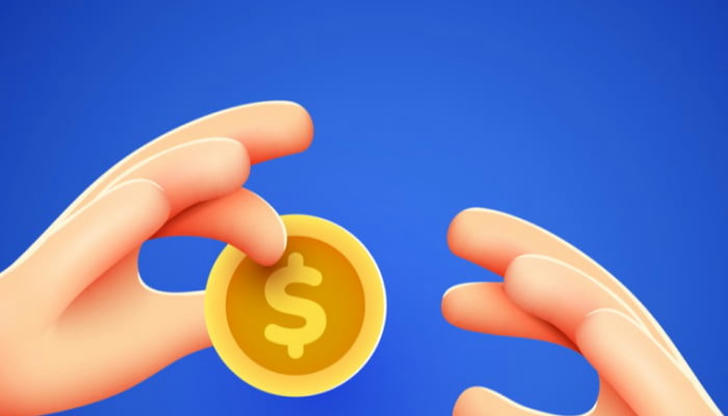
When it comes to choosing between a personal loan and a payday loan, it's important to understand how they differ in terms of loan amount, interest rates, repayment terms, and overall cost. Here's a breakdown of the key differences:
Loan Amount and Term
- Personal Loans: These loans offer a wider range of amounts, typically starting at $1,000 and going up to $50,000 or more, depending on the lender. The repayment period can range from 1 year to 7 years, giving you more time to pay back the loan in manageable monthly payments.
- Payday Loans: Payday loans are much smaller, often ranging from $100 to $1,000. They are designed to be repaid within a short period - usually within 14 to 30 days - when you receive your next paycheck.
Interest Rates
- Personal Loans: Interest rates on personal loans vary but are generally much lower than payday loans, especially for borrowers with good credit. Rates typically range from 6% to 36%, depending on your creditworthiness and whether the loan is secured or unsecured.
- Payday Loans: Payday loans come with extremely high interest rates, often ranging from 200% to 500% APR (or more). While payday lenders advertise low fees (sometimes just a small flat fee per loan), these rates can result in significant costs if the loan is not repaid quickly.
Repayment Flexibility
- Personal Loans: Personal loans offer much more flexibility with longer repayment terms. You'll make fixed monthly payments over an extended period, which can help you budget and plan ahead. Some lenders also offer early repayment without penalties.
- Payday Loans: Repayment is due in full, typically on your next payday. This short timeframe can be difficult for some borrowers to manage, and failing to repay the loan on time can result in expensive penalties and additional interest.
Approval Process and Credit Score Impact
- Personal Loans: The approval process for personal loans usually involves a credit check and might take a few days to a week. If you have good credit, you'll likely receive a lower interest rate and better terms. However, if you have bad credit, you may face higher rates or rejection.
- Payday Loans: Payday loans often don't require a credit check, making them accessible to those with poor or no credit history. Approval is typically quick, sometimes within minutes, but the trade-off is much higher interest rates and fees.
Fees and Hidden Costs
• Personal Loans: Some personal loans may have origination fees or prepayment penalties, but they are generally more transparent about the costs. If you miss a payment, you might face late fees, but the overall cost is still lower compared to payday loans.
• Payday Loans: Payday loans are notorious for hidden fees. The fees are often not fully disclosed upfront and can quickly add up if you’re unable to repay the loan on time. If you roll over the loan or extend the repayment period, the costs can snowball.
4. Which Loan is Better for Specific Needs?

Now that you understand the key differences between personal loans and payday loans, let’s dive into which option might be better for your specific situation:
Short-Term Financial Help: Payday Loans
If you need money urgently—say, for a car repair, medical expense, or a small unexpected bill—payday loans may seem like a tempting option. They provide quick access to funds, often within hours, and don’t require a credit check. However, due to the high interest rates and short repayment terms, payday loans can be risky and should only be used if you’re sure you can pay the loan back in full when it’s due.
Long-Term Financing: Personal Loans
For larger expenses, such as debt consolidation, home improvement projects, or unexpected costs that require a bigger sum of money, personal loans are usually the better choice. With longer repayment terms and more affordable interest rates, they offer a more manageable way to borrow and repay over time. Additionally, you can borrow more money, which makes personal loans ideal for situations where you need a significant amount of cash.
Bad Credit Considerations: Personal Loans vs. Payday Loans
If you have poor credit, both personal loans and payday loans are options, but the terms will vary. For personal loans, you may face higher interest rates, but you might still qualify for a reasonable loan if you have a reliable income and a decent credit history. Payday loans, on the other hand, don’t require a credit check, making them accessible to those with poor or no credit. However, the fees and interest rates will be much higher, which can lead to financial strain.
Emergency Situations: Payday Loans
When a true emergency arises—like a sudden medical expense, car breakdown, or other urgent needs—and you don’t have time to wait for the personal loan approval process, payday loans might seem like an easy solution. However, you should proceed with caution and be fully aware of the high costs involved. Make sure you have a plan to repay the loan as quickly as possible to avoid falling into a debt trap.
5. How to Choose the Right Loan for You
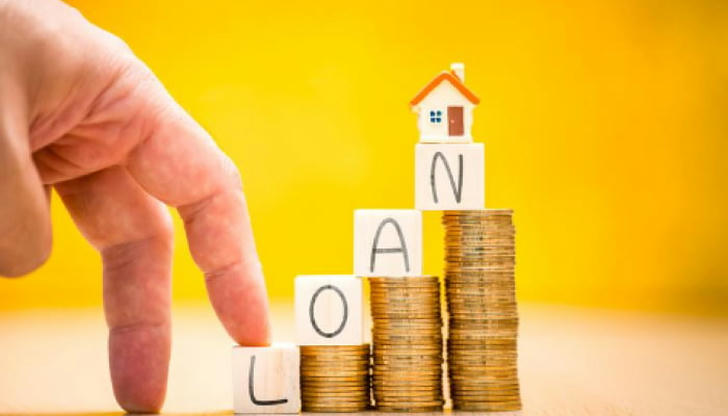
Choosing the right loan depends largely on your personal financial situation, how much money you need, and how quickly you can repay the loan. Here's a guide to help you make the best decision:
Consider Your Urgency
• If you need money right away and have no other option for quick access, a payday loan might seem like a quick solution. However, weigh the high interest rates and the short repayment terms. Make sure you can repay it quickly to avoid falling into debt.
• If you have more time to plan and can wait for an approval process, personal loans may be the better choice, offering larger sums and more affordable interest rates over time.
Assess Your Creditworthiness
• Good or Average Credit: If you have a decent credit score, personal loans typically offer better interest rates and longer repayment terms. You’ll likely have access to larger amounts, making them suitable for major purchases or debt consolidation.
• Bad or No Credit: If you have poor credit, payday loans might seem like a tempting option since they don’t require a credit check. However, be aware of the extremely high interest rates and the potential for getting trapped in a cycle of debt. If possible, try to explore other alternatives, such as credit-building loans or secured personal loans, which may be more affordable than payday loans.
Loan Amount and Repayment Terms
• Small Loan Amounts (Under $1,000): If you only need a small amount of money and can pay it back within a short time, a payday loan might make sense. However, remember the high fees and interest rates.
• Larger Loan Amounts: For larger sums of money, or if you need time to repay, personal loans are typically a better fit. They provide more flexibility with repayment and are better suited for financial situations where you need more than just a quick fix.
Loan Fees and Terms
• Always read the fine print before committing to any loan. With personal loans, check for origination fees, prepayment penalties, and whether the interest rate is fixed or variable. With payday loans, ensure that you fully understand the fees and interest rates, and know when the loan will be due in full.
Long-Term Financial Impact
• Personal Loans: If managed correctly, personal loans can help improve your credit score and can be a great option for debt consolidation or larger life expenses. The long repayment terms give you the flexibility to budget and make payments without overwhelming financial strain.
• Payday Loans: Payday loans are generally not a long-term solution. They can negatively affect your finances if you don’t pay them back on time, and the high fees can quickly escalate. They should only be used in true emergencies, and even then, you should have a solid plan for repayment.
Final Thoughts
Choosing the right loan requires careful consideration of your financial needs, ability to repay, and long-term goals. Personal loans are generally a better option for larger sums and longer repayment terms, whereas payday loans might be suitable for small, short-term emergencies. However, the high cost and risk of payday loans make them less ideal for most people. Always weigh the pros and cons carefully, and make sure you understand the terms and risks involved before making a decision.
Ultimately, the best choice depends on your situation, but being informed and cautious is key to managing your finances responsibly.
